If you’re a U.S. resident who is eligible to receive an Economic Impact Payment of $1,200 for individual or head of household filers, and $2,400 for married filing jointly you may be wondering when you will see the check. The Internal Revenue Service (IRS) plans to send $1,200 stimulus checks via electronic payments later this week, one week sooner than was initially planned, according to an internal IRS memo reviewed by The Washington Post. The speed with which the checks are received will depend on the taxpayer’s method of filing taxes and income level.
If you file electronically, you will be among the first to receive the check. Electronic payments can be distributed quickly.
“If we have your information, you’ll get it within two weeks,” Treasury Secretary Steven Mnuchin said in a White House press briefing on April 2.
In other words, taxpayers who file electronically would receive their stimulus checks within two weeks, around mid-April, through direct deposit.
For those who have not filed a tax return in 2019 and 2018 or do not have direct-deposit information on file with the IRS, in the coming weeks, Treasury plans to develop a “web-based portal for individuals to provide their banking information to the IRS online, so that individuals can receive payments immediately as opposed to checks in the mail”.
If the IRS doesn’t have your bank information, it will have to issue and mail a paper check to your last known address. These paper checks won’t start being sent out until April 24, as the government lacks taxpayer banking information and thus some of these checks won’t reach their recipients for up to five months, till September.
The IRS stimulus payments distribution plan prioritizes mailing out the checks for the lowest-income Americans first. If your adjusted gross income is $10,000 or less and you don’t file your taxes electronically, your check should be mailed out to you on April 24.
Starting from the lowest-income group, the IRS will send out 5 million paper checks every week, moving up the income thresholds in 10,000 dollar increments, according to the Post report.
If your adjusted gross income is $20,000, your check should be mailed out to you on May 1st.
If your adjusted gross income is $30,000, your check should be mailed out to you on May 8th.
If your adjusted gross income is $40,000 your stimulus check should be mailed out to you on May 15th.
If your adjusted gross income is $50,000 your stimulus check should be mailed out to you on May 22nd.
If your adjusted gross income is $60,000 your stimulus check should be mailed out to you on May 29th.
If your adjusted gross income is $70,000 your stimulus check should be mailed out to you on June 5th.
If your adjusted gross income is $80,000 your stimulus check should be mailed out to you on June 12th.
If your adjusted gross income is $90,000 your stimulus check should be mailed out to you on June 19th.
If your adjusted gross income is $100,000 your stimulus check should be mailed out to you on June 26th.
If your adjusted gross income is $110,000 your stimulus check should be mailed out to you on July 3rd.
If your adjusted gross income is $120,000 your stimulus check should be mailed out to you on July 10th.
If your adjusted gross income is $130,000 your stimulus check should be mailed out to you on July 17th.
If your adjusted gross income is $140,000 your stimulus check should be mailed out to you on July 24th.
If your adjusted gross income is $150,000 your stimulus check should be mailed out to you on July 31th.
If your adjusted gross income is $160,000 your stimulus check should be mailed out to you on August 7th.
If your adjusted gross income is $170,000 your stimulus check should be mailed out to you on August 14th.
If your adjusted gross income is $180,000 your stimulus check should be mailed out to you on August 21st.
If your adjusted gross income is $190,000 your stimulus check should be mailed out to you on August 28th.
Stimulus checks should be issued on Sept. 4 to joint taxpayers earning around $200,000, the maximum allowed under the Economic Impact Payments law, and if you did not have prior tax information and had to apply to receive the stimulus payment, your check would be sent on Sept. 11.
If you’re receiving Social Security and disability income you will also receive the stimulus check, most likely electronically, even if you don’t typically file a tax return, because the government already has your information.
Close to 80% of U.S. adults will see stimulus checks of up to $1,200 for individuals and $2,400 for married couples as a part of the $2 trillion “Coronavirus Aid, Relief, and Economic Security Act” in action. The federal government will also include $500 for each child or dependent. Check out our complete stimulus payment guide to learn how much of the stimulus check you will get and how your eligibility is determined.
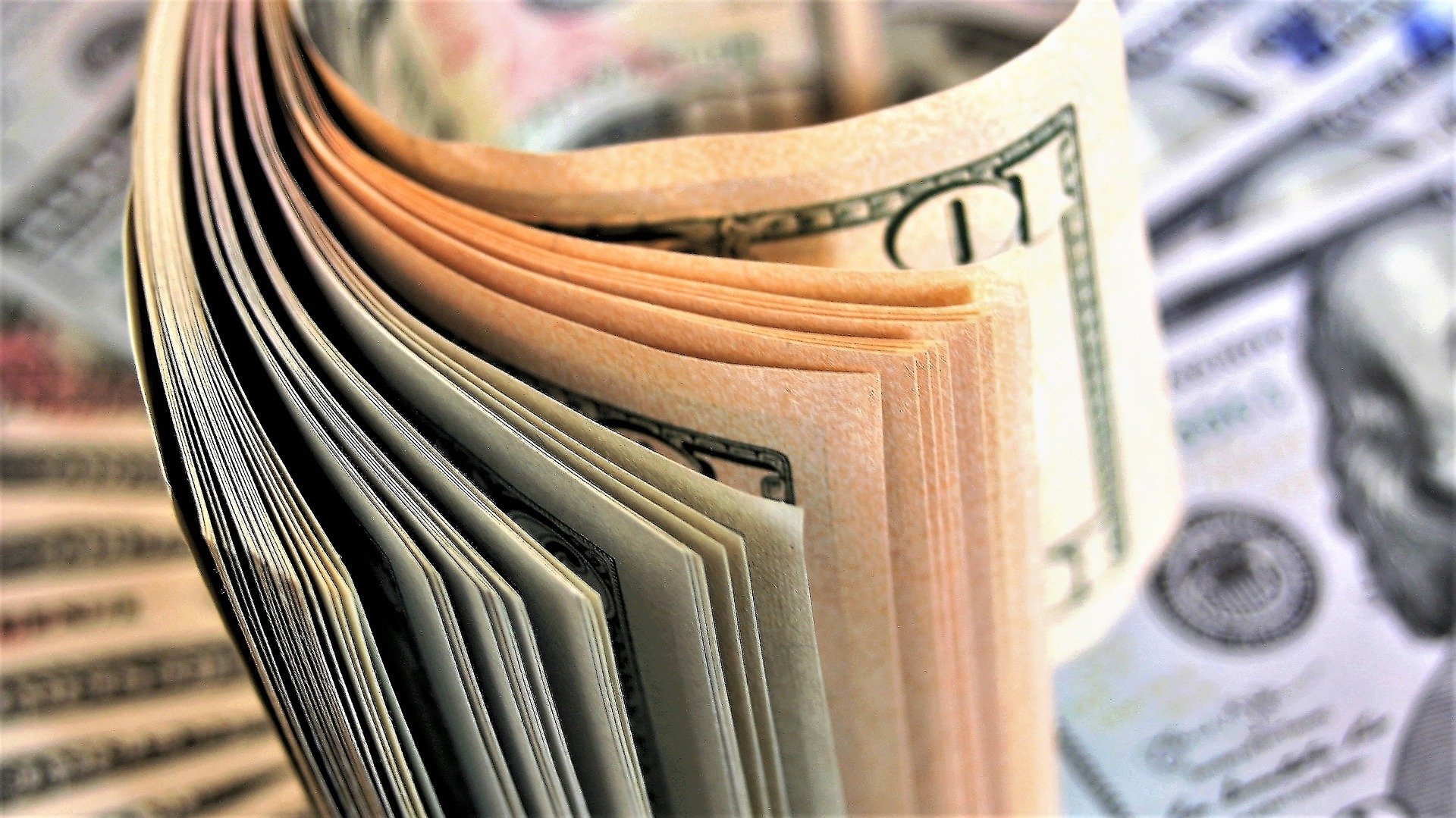

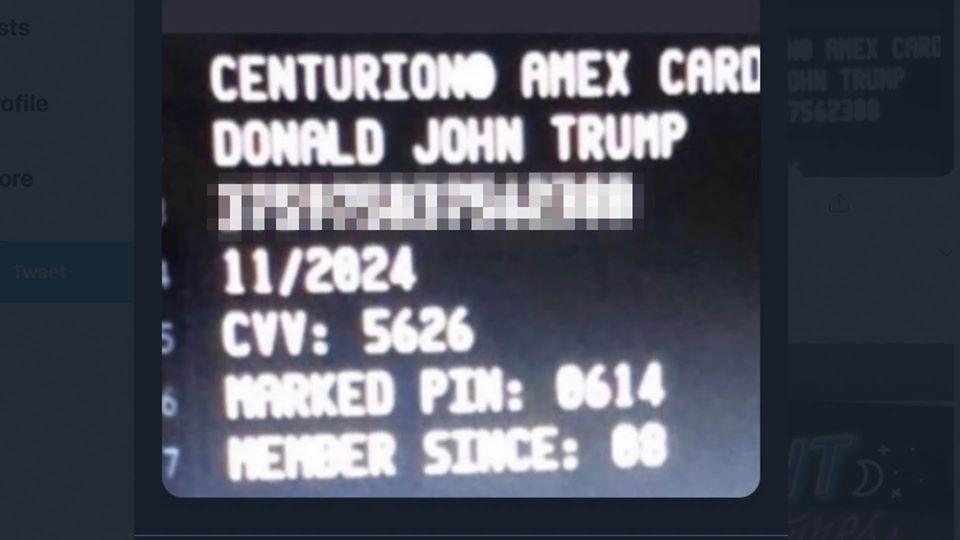
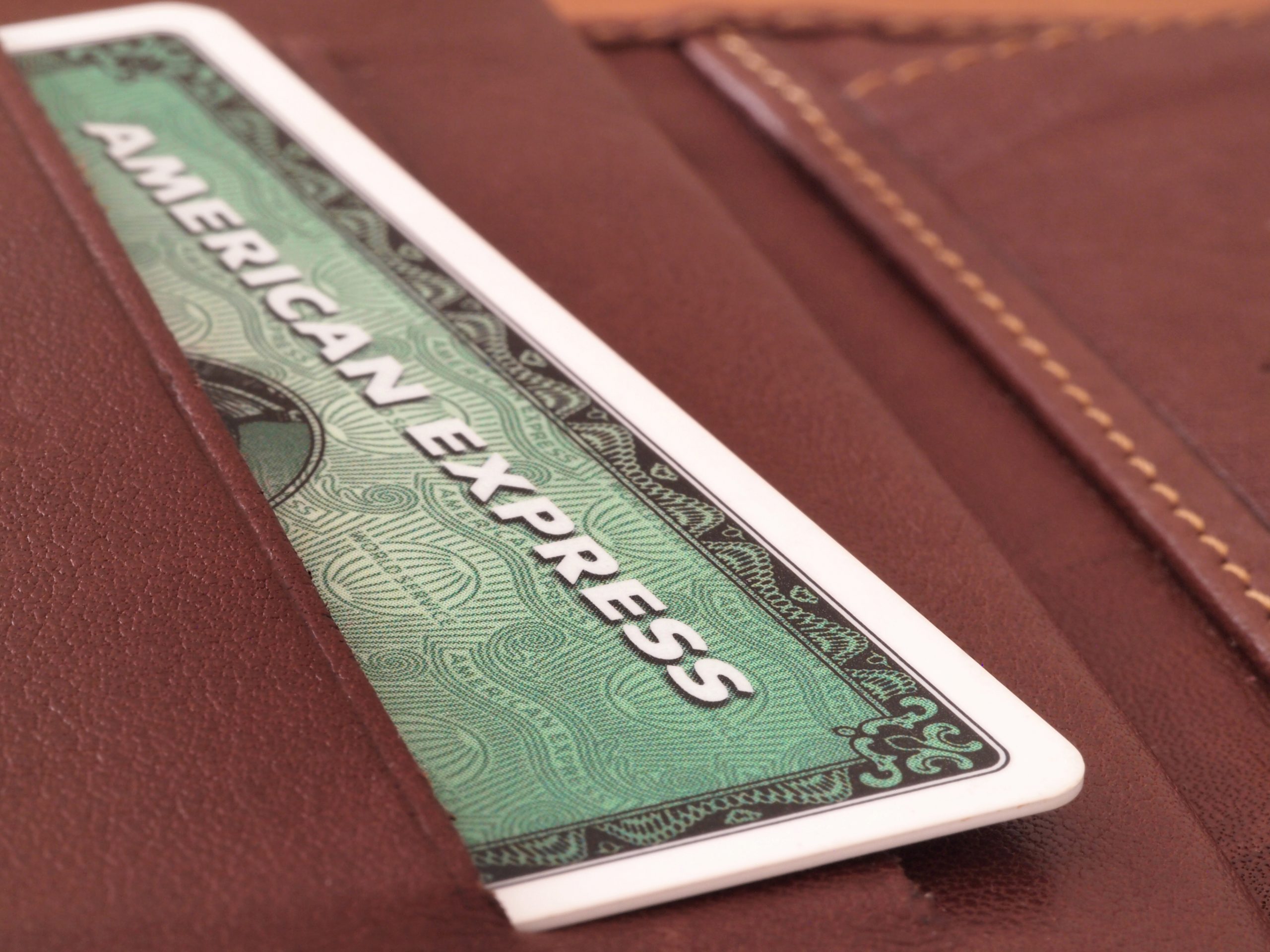
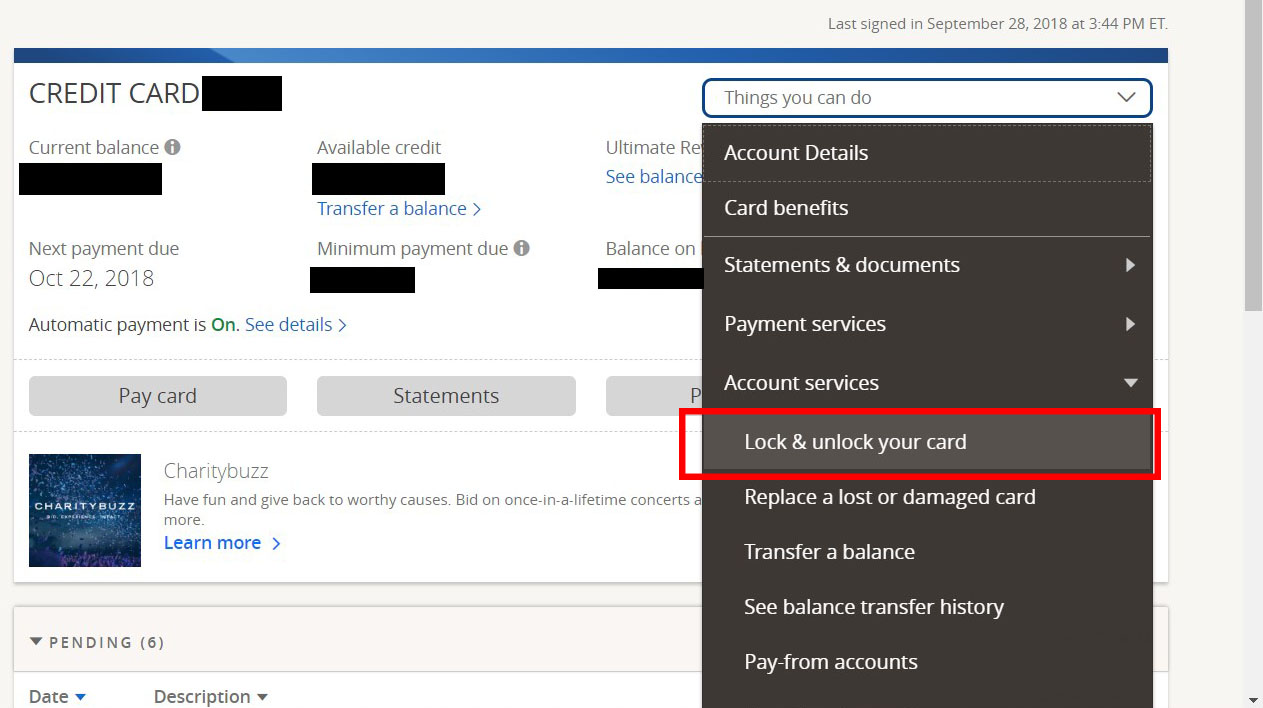
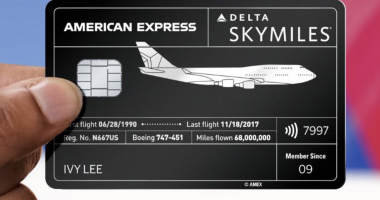


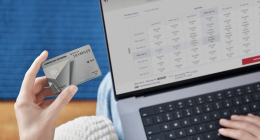


1 comment
Hi my name is Arthur Zeller I’ve been watching your video’s on the se stimulus checks I’ve found that you explained everything better and I have a couple question’s. I reseeve social security disability I have been disabled since 2000 bc of cacaner in lungs and I was wondering about a dependent I have my 16 year old daughter living with me and does the URS automatic see that she lives with me or not..she has been living with me for the past 4 years and If they don’t see that then what should I do so they do see she lives with me an when do the disability checks go out thank you very much for thanking the time to answer my questions I hope to hear something soon from you thanks so much have a great day.